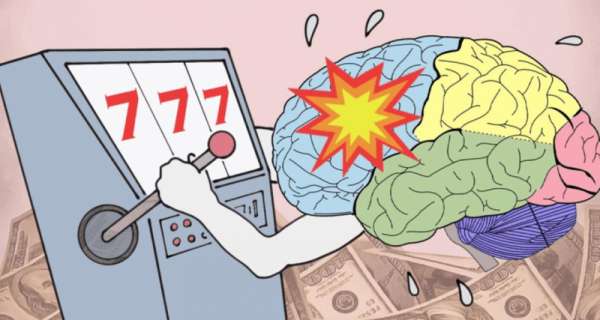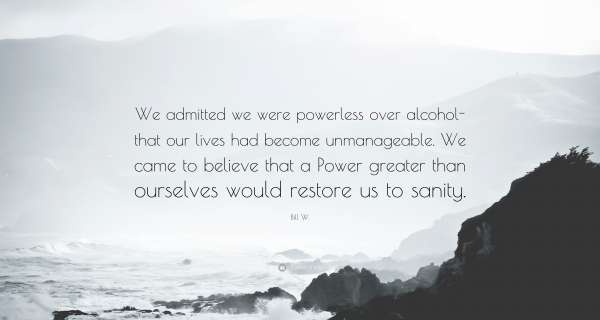Studies suggest that prolonged emotional abuse has similar effects on the mind to those suffered by victims of trauma.
Those who have witnessed combat are more likely to get post-traumatic stress disorder (PTSD). Indeed, the experiences and conditions of US military veterans of the Vietnam War impacted the adoption of the term to the Diagnostic and Statistical Manual of Mental Disorders (DSM) in the 1980s.
However, anyone who has experienced or witnessed trauma, whether as a result of war, natural disaster, serious accident, terrorist incident, the sudden death of a loved one, violent personal assault such as rape, or other life-threatening events, can develop this serious, potentially debilitating condition. Those who have been subjected to long-term emotional and psychological abuse are also in danger, according to studies.
Post-traumatic stress disorder (PTSD) and domestic violence are linked, according to researchers. Abuse by intimate partners occurs more frequently than you might believe. It can assist define how widespread domestic violence is in the general community in order to assess the possible risk (both those with and those without PTSD).
In the United States, 20 persons are physically abused by an intimate partner every 60 seconds, according to national data. This equates to more than ten million people each year. 2 People who have been through traumatic situations or who suffer from PTSD have also been proven to be violent in relationships.
The science of fear
It's normal to be scared during and after a terrible event. Fear causes a slew of split-second changes in the body to assist defend against or avoid harm. This healthy "fight-or-flight" response is designed to protect a person from harm. After a traumatic event, nearly everyone will have a variety of reactions, but the majority of people will heal spontaneously from the initial symptoms. Those who continue to have problems may be diagnosed with post-traumatic stress disorder (PTSD).
PTSD symptoms are serious enough to disrupt one’s life and make it hard to continue with daily activities. Sufferers may find themselves reliving the event (also called “re-experiencing”), with memories of the trauma coming back at any time and bringing with them fear and horror of an intensity equal to those felt during the actual triggering event. They may also avoid people or situations that spark memories of the trauma, even shunning talking or thinking about the event altogether. The way the victim views him- or herself as well as others may also be affected – the world might now seem a dangerous place where no one can be trusted, for instance. Those with PTSD can be jittery, or always on the lookout for danger. They might become suddenly angry or irritable, a symptom that is known as “hyperarousal”. Finally, according to research conducted by Professor Jonathan Bisson and colleagues at Cardiff University School of Medicine, those with PTSD are at a significantly higher risk of suicide.
Emotional abuse: Is it traumatic?
Emotional abuse occurs when one person manipulates another's emotions. It can involve insulting, controlling, frightening, or isolating words and acts.
While the link between physical trauma and PTSD is well documented, experts are only now beginning to see a connection between the condition and psychological trauma. People who live with and love someone who is emotionally abusive experience trauma on a daily basis, they say. The experience of constant put-downs, criticisms or whatever other forms the emotional abuse takes, not only wears down self-esteem but also impacts the nervous system in the same way a physical trauma would. What’s more, memories of the abuse can elicit negative feelings, intense physical sensations along with negative thoughts about oneself long after the abuse has occurred.
Psychologists call this type of PTSD complex post-traumatic stress disorder (C-PTSD) and describe it as a condition that results from chronic or long-term exposure to emotional trauma over which a victim has little or no control and from which there is little or no hope of escape. Essentially, the “complex” in complex post-traumatic stress disorder describes how one layer after another of trauma can interact with one another. Examples of such traumas include domestic and childhood emotional abuse. The difference between PTSD and C-PTSD is that the former can result from single events, or short-term exposure to extreme stress or trauma while the latter results from more chronic repetitive stress from which there is little chance of escape.
In the case of a high emotional-conflict domestic relationship, for instance, victims typically feel isolated and worthless as a result of their abuser’s repeated put-downs. They are frequently also financially dependent on their abusers or are threatened with dire consequences (such as losing custody of their children) should they even think of “getting out”. Finally, more often than not, they are depressed and thoroughly worn out from constantly being on guard for the next attack. It is not difficult to see why they should feel that there is little chance of escape.
Treating Complex-PTSD
Although there are any number of therapeutic approaches available, research by American psychologist Dr Christine Courtois, an expert in psychological trauma and author of It’s Not You, It’s What Happened to You: Complex Trauma and Treatment, suggests that three general stages are most effective in the treatment of C-PTSD:
Assessment, stabilisation and development of self-care and protection skills – this may include identification of other issues, such as substance addiction, and the development of skills, such as setting healthy boundaries and managing shame and self-criticism.
Processing the trauma – this stage involves bringing the trauma to the surface and working through it cognitively (how the sufferer perceives or thinks about the trauma), and effectively (how the sufferer deals emotionally with the trauma).
Reconnecting with society – emphasis in this stage is on openly acknowledging the trauma and letting it blend into one’s sense of self, and of learning to be more comfortable with what this integration can bring to one’s life (such as greater intimacy with others).
Interested in learning more about counselling? SACAP offers a range of courses, including part-time and full-time as well as distance learning options. For more information, enquire now.
















